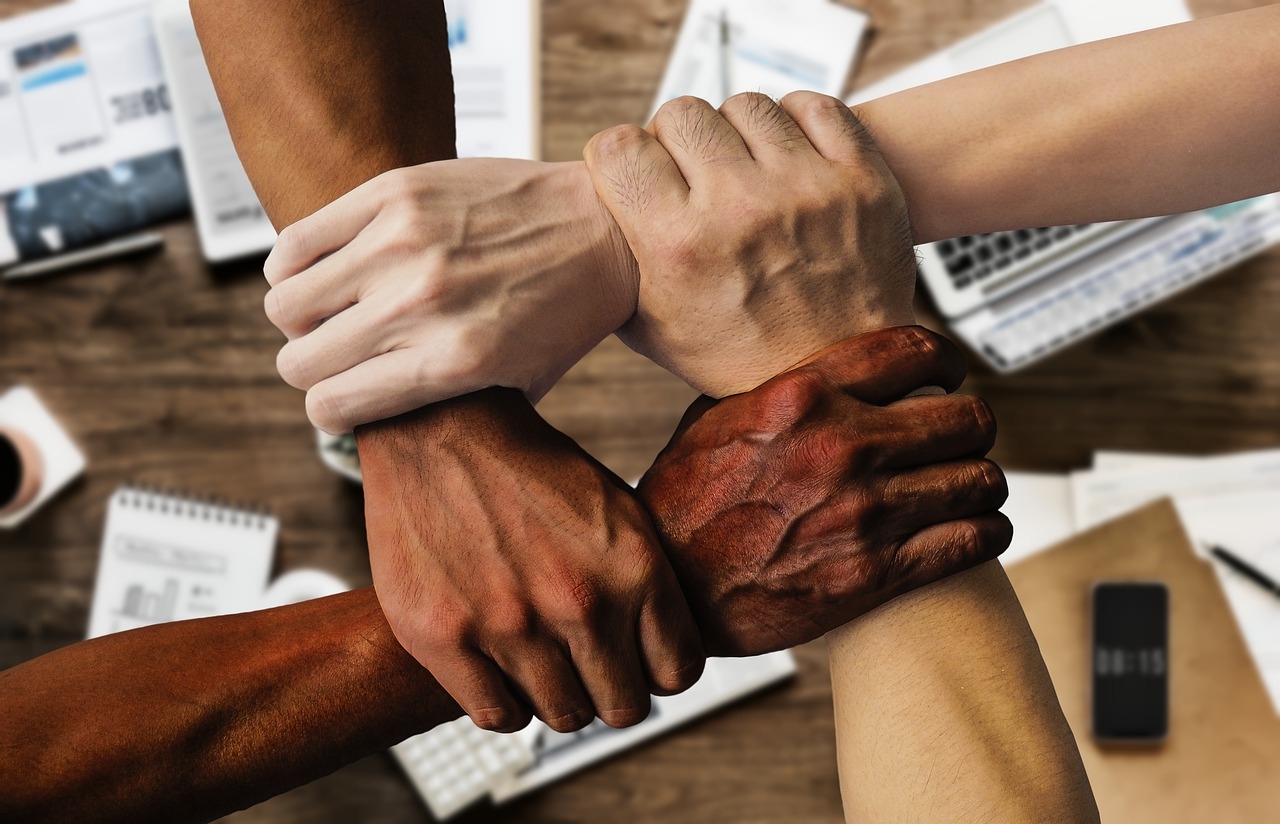
Be it a dedication to sustainability, charity, or social implications, highly educated young individuals have progressively prioritized personal values in picking where to work over the last decade. It’s why so many businesses claim to be on a mission to “transform the world.”
However, now, Millennials and Generation Z job searchers are raising the bar; they expect businesses to be similarly dedicated to change.
While millennials aren’t the only ones who support more diversified workspaces, they are the most prominent generation of employees, expected to account for over 75% of the worldwide workforce by 2025. Not surprisingly, this generation of workers not only wants but also expects more diversity in the workplace.
Millennials Prioritize Diversity
When choosing a future employer, 47 percent of millennials prefer diversity. As if that weren’t enough, approximately half of millennial employees believe that diversity is essential to building the ideal workplace.
As a result, a sizable percentage of millennial job searchers scrutinize firms for diversity and inclusion. That may also explain why more companies are devising methods to not only attract but also maintain diverse staff.
Inclusion and Belonging Matter
Diversity, according to Gallup, encompasses “the complete gamut of human demographic differences” and inclusion, but it also includes inclusion and belonging.
Belonging is the “feeling of being acknowledged as a full distinct individual — when you’re comfortable speaking out and using your potential,” as opposed to inclusion, which is “the offer to join a discourse.”
If the latter sounds like psychological safety, it’s because millennials value belonging and acceptance, and psychological safety can cover both. To put it another way, where there is variety in the workplace, there is the potential to improve corporate culture.
Diversity Can Positively Impact Engagement
Employee engagement is a major challenge for many businesses, with disengagement and low productivity costing them upwards of $600 billion every year.
Millennials, on the other hand, benefit from enhanced productivity and engagement when diversity is prioritized and promoted across enterprises.
Millennials are 71 percent more inclined to focus on teamwork and 28 percent more likely to emphasize a person’s company influence than earlier generations, who were 31 percent more likely to focus on topics like equity.
Benefits of Diverse Workplaces for Businesses
1. Variety of Different Perspectives
When your staff is homogeneous, it lacks distinct and diverse skill sets, as well as thought variety and collaboration. Inclusive businesses are 1.8 times more likely to be change-ready and 1.7 times more probable to be market leaders.
2. Reduced Employee Turnover
Employees at a diverse workplace are less likely to look for a change. This reduction in employee turnover ultimately boosts business and attracts the best talents in the market.
3. Higher Engagement
In a diverse workplace, 83 percent of employees are proactively engaged, compared to 60 percent in a barely diversified environment.
Conclusion
Building an inclusive atmosphere that promotes diversity and inclusion as a driver of creativity is one of the most critical roles of today’s corporate executives. Diversity for the sake of diversity will not result in an inclusive culture.
Looking at people solely through the prism of their ethnicity, nationality, impairment, or gender promotes prejudices. Such biases are shattered when employees are pushed to combine their distinct ideas and opinions in a healthy work culture of relationship-building, honest communication, genuine debate, and authenticity.
